Tabletop Roleplaying Games
What is a “pen and paper RPG” or “tabletop RPG”?

How does a tabletop RPG work?
As soon as the setting, main characters, and the story are ready, the game can start. The GM will then gradually reveal parts of the story to the players. In turn, the players will narrate the actions of their characters to define the progress and eventually the outcome of the story. To add a bit of tension to the game, whenever the main character needs to solve a tricky problem, players roll die to determine how the situation will be resolved.
Actual play videos

By loading the video, you agree to YouTube's privacy policy.
Learn more

By loading the video, you agree to YouTube's privacy policy.
Learn more

By loading the video, you agree to YouTube's privacy policy.
Learn more
Which kind of settings and stories are there?
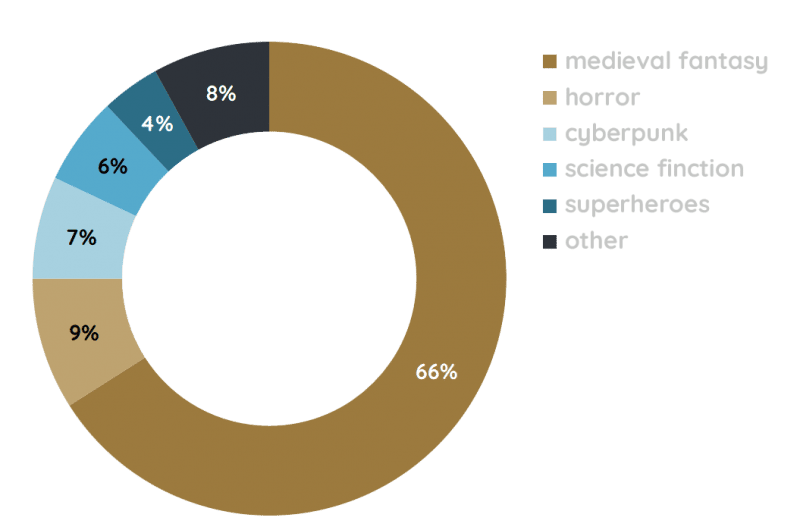
- post-apocalypse / endzeit
- animal-character stories (e.g. My Little Pony)
- space exploration in a steampunk setting
- vampire clan politics in our urban world
- fairy tales
- swashbuckling in the 17th century
- telenovela dramas
- murder investigation in the gaslight era
- urban fantasy teenage high school drama
- survival horror in space

What are the most popular roleplaying games?
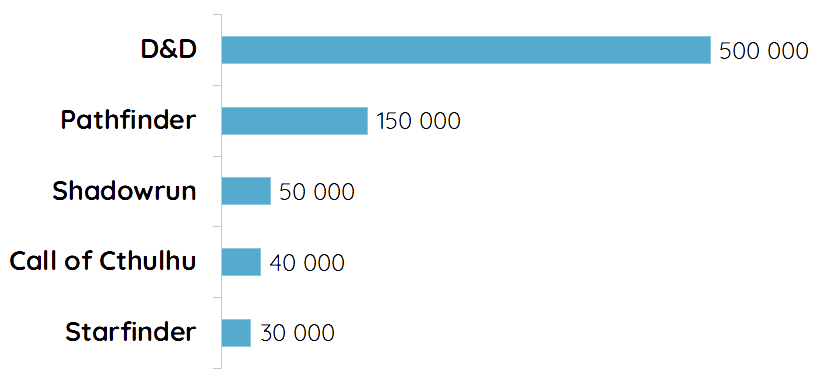
What makes tabletop RPGs so special?
1. Be who you want to be
2. Freedom of choice
The good board games and computer games out there offer you a set of choices. Usually these are using violence, trying to bribe the bouncer or maybe trick him into letting you in. With a tabletop RPG, there is no fixed set of options. You can try anything you can think of. Sure, you could try to bribe the guard, knock him unconscious, and so on. But you could also try to find another entrance, or wait for the informant to leave the tavern, or ask one of the other patrons to vouch for you. With pen and paper RPGs, your options are limitless. You decide how the story is going to progress.
3. Make it your story

Games related to tabletop RPGs
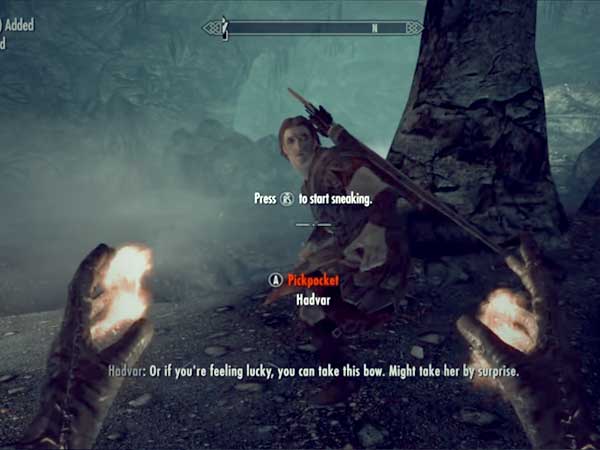
1. Computer roleplaying games
Video game RPGs are digital versions of tabletop RPGs. They are ideal for solo players. No preparation is needed, and these games have amazing graphics nowadays. Unfortunately, 95% of all computer roleplaying games focus on tactical combat and lack the variety of choices you have in a pen and paper RPG.
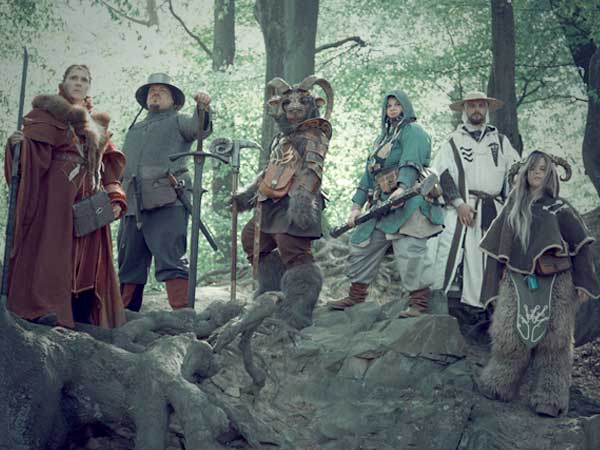
2. Live action roleplaying games (LARP)
Larps are roleplaying games played live at an outdoor location such as a forest or castle. Players wear costumes, armor, and weapons made of foam. Getting the gear together and organizing larps can be expensive and takes a lot of time. And of course, some fantasy story aspects are impossible to show in a live game (e.g. magic, dragons). Still, larps are an incredible experience that every tabletop RPG gamer should enjoy at least once.
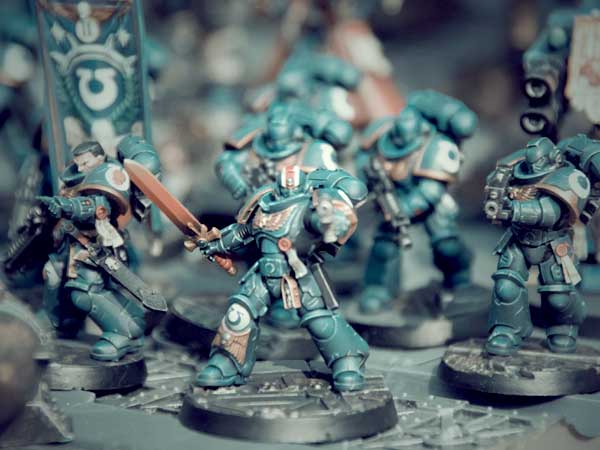
3. Tabletop wargames / Tabletop miniature games
Tabletop wargames are tactical battles with miniature armies for usually two players. They actually combine two hobbies: painting miniatures, crafting terrains and playing competitive battles. While tabletop miniature games have a strong focus on combat action, they lack the narrative storytelling aspect of tabletop RPGs. Note that tabletop RPGs have developed from tabletop wargames in the 1970s.
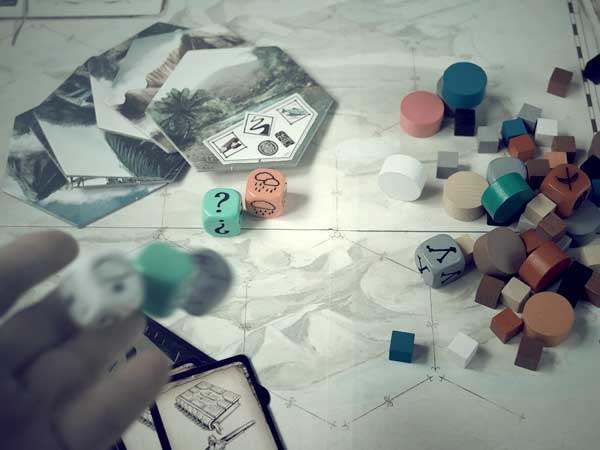
4. Board games
Board games are the mother of all tabletop games. They provide an incredible variety of rules and themes ranging from the classic “Settler of Catan” to the 200+ hours dungeon crawl game “Gloomhaven.” Some of them provide a pretty good tabletop RPG-like experience. Still, compared to pen and paper RPGs, choices for players are limited and the stories are often rather straightforward.

Where can I try out pen and paper RPGs?
1. Find an online RPG session
2. Play at your local game store
What if your first tabletop RPG session sucks?

What do I need to play a tabletop RPG?
Recommended tabletop roleplaying games for beginners
Dungeon World
Rules-light, perfect for beginning GMs and players

By loading the video, you agree to YouTube's privacy policy.
Learn more
Call of Cthulhu

By loading the video, you agree to YouTube's privacy policy.
Learn more

Further reading
Check out these videos from vox.com and roll20.net.

By loading the video, you agree to YouTube's privacy policy.
Learn more

By loading the video, you agree to YouTube's privacy policy.
Learn more

